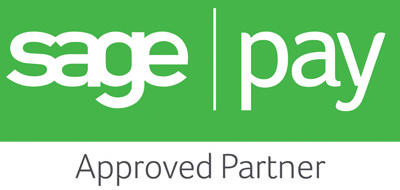Is Your Content Tone Deaf?
The headline of this article could be construed as offensive to people living with hearing impairments. That wasn't our intention, and we're explaining that within these first few sentences. The headline should be attention grabbing, but for people living with hearing impairments this could be a sensitive topic. Many people wouldn't pick up on this, but the nature of the internet means that anyone can see your content and could take offence to something even if you did not intend to cause any offence.
An extreme example of this is Burger King's International Women's Day tweet.It was a simple, short tweet that read “Women belong in the kitchen”. The intention was to say that they're committed to providing equal opportunities for their staff (and the chef world tends to be male-dominated), but it didn't read like that. Instead, it was taken as a sexist statement at worst, and tone deaf at best. We have to wonder how, with a large marketing team, this tweet was ever approved, but once it was out there the damage was done, and the fire fighting started. Burger King have apologised for the tweet but it would have been better had they never tweeted that and wasted time on damage limitation. With cancel culture spreading fear into the hearts of brands and marketers, it is becoming increasingly important to be seen as inclusive and socially responsible.
Of course, there are times when the shock factor can help get you noticed, but often for the wrong reasons. There are brands and celebrities who trade on this shock factor – it is part of their brand, but for the majority of businesses courting bad publicity is a bad choice. Some brands that have fallen into the trap of posting edgy content for the viral effect have been able to rescue their reputation, although not all have, and this is a waste of time and resources when you could, as the saying goes, catch more flies with honey.
When you are looking at creating website content, social media posts and other advertising materials carefully consider your wording. You won't please everyone, but by getting feedback from a range of people you can identify phrases or implied biases that could work against you. Some things are very obvious; avoid anything which implies sexism, such as depicting only women in a kitchen or doing housework, or only men doing manual tasks.Racial, gender-based and age-based profiling is also best avoided.
Getting input from customers and staff can be really helpful for guiding you down the right track. Something you have not considered could be very important to someone from a different background, so try to get as many perspectives as you can. We all know someone who loves to play devil's advocate and these people are invaluable when checking content for potential offence. The more feedback you can get, the better your chances of causing no or minimal offence with your marketing.
Sometimes it can feel like businesses are damned if they do, and damned if they don't, but this is part of being a reflective and pro-active company in the modern world. Be ready to defend your position, but do be aware that in order to do this you may need to prove that you took steps to ensure no offence was caused. Apologise when necessary and stay humble if you get things wrong. This approach to reputation management can make a big difference in how you are perceived by your customers and by the public in general.
